Articles containing: ADHD
Medications: For Better or Worse? featuring Timothy Wilens, MD – Shrinking It Down
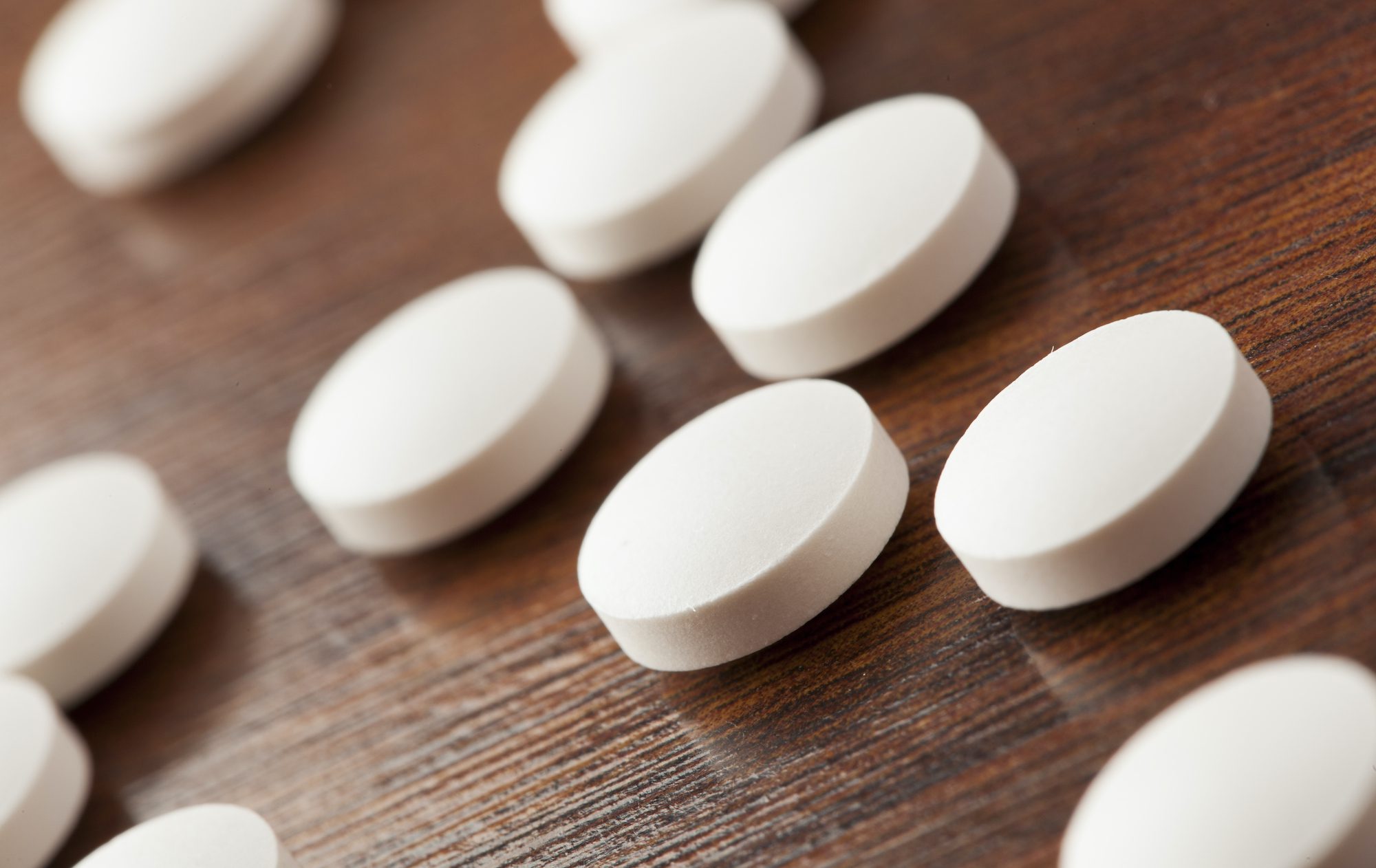
Tune in wherever you get your podcasts. Just search for “Shrinking It Down.”
Many parents of kids struggling with a mental health issue have concerns – even fears – about medication as a part of treatment. Will it help? Will it hurt? What are the side effects? Today, Dr.
Ask Ellen: How to Advocate for Your Child’s Learning
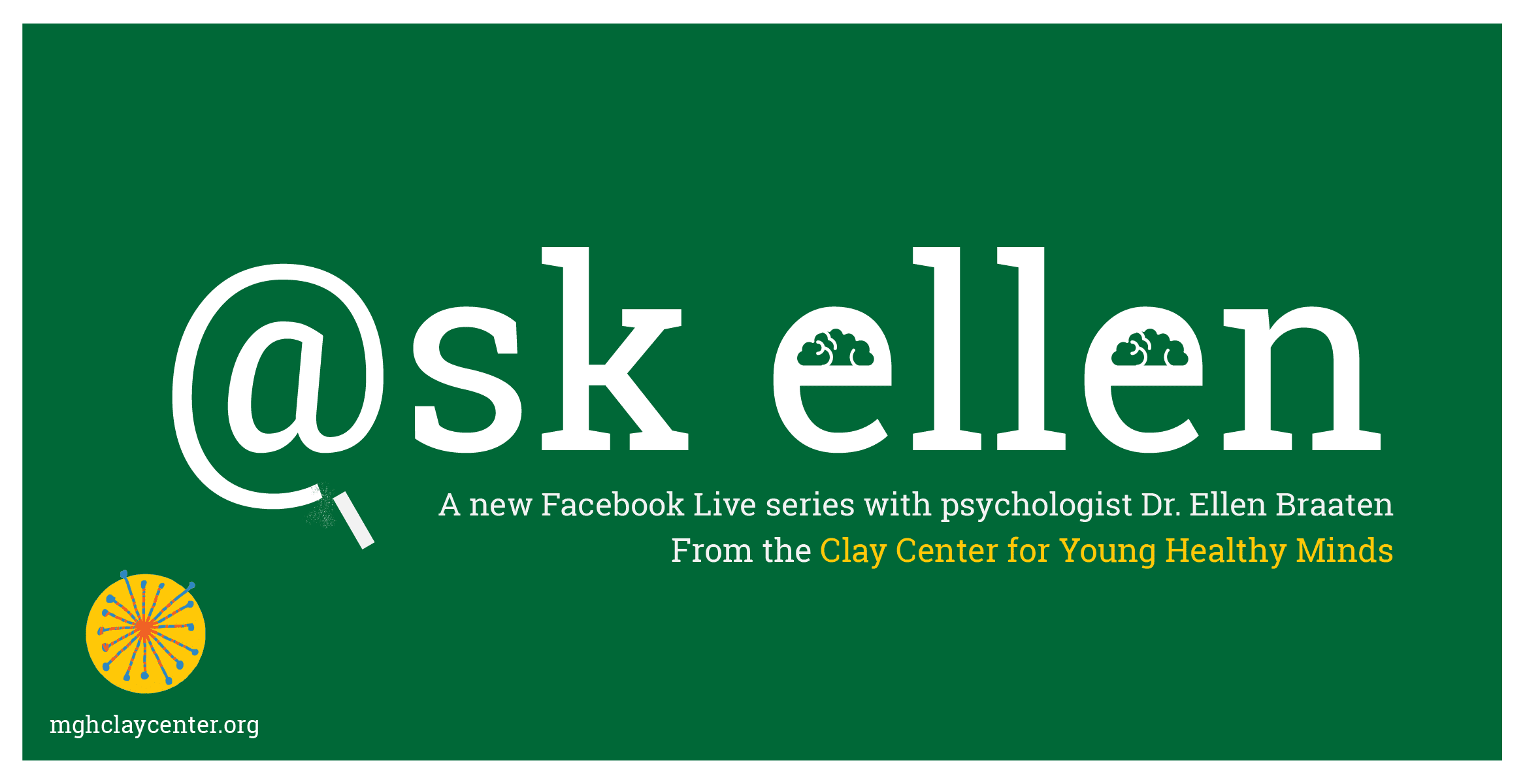
A learning disability causes difficulty in an area of learning, such as reading, writing, or math. Challenges in one or more of these areas can affect a child’s ability to thrive in the classroom. But it’s not always clear to parents what to do when their child is struggling.
Bipolar Disorder and The Arts: Mark Vonnegut’s Story

Despite our growing awareness of mental health conditions, the relationship between creativity and mental illness is often misunderstood. In this short film, Dr.
Nature Vs. Nurture, featuring Jordan Smoller, MD ScD – Shrinking It Down
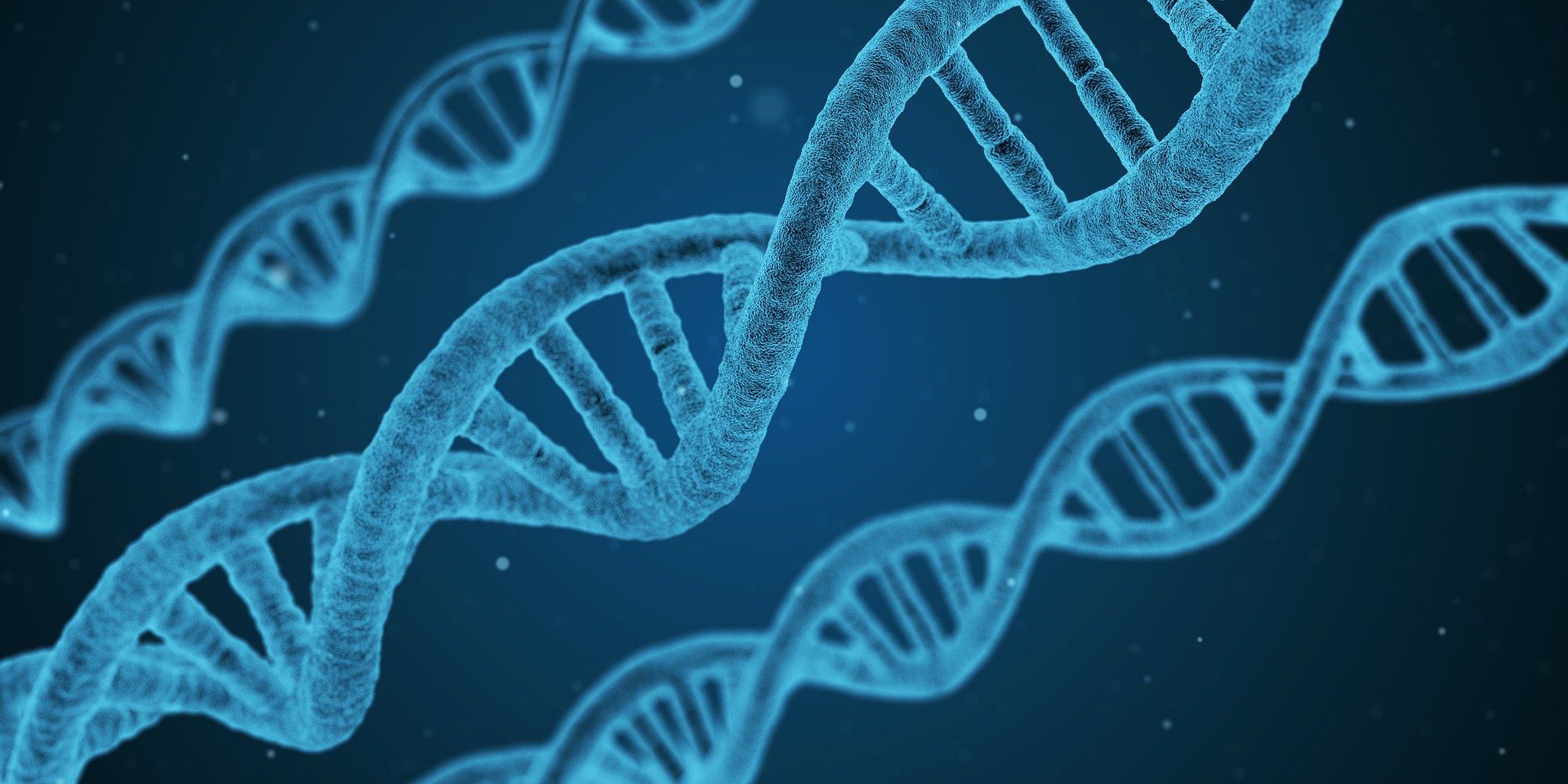
Is it always nature vs. nurture, or do the two interact? Many parents worry that their own or a family member’s mental health disorder destine their children to struggle in the same way. But, while many psychiatric disorders do run in families to some extent, so do lots of things! Right down to food preferences and professions.
Extra Time on Tests: Does It Work? – Shrinking It Down
The answer is, it depends.
When “extra time” on tests first began decades ago, the goal was to level the playing field for students with learning disabilities by allotting them the same amount of time that everyone else had.
What Is A Nonverbal Learning Disability?

A nonverbal learning disability (NLD) is a syndrome that includes challenges in visual-spatial organization, nonverbal problem solving, and social skills. Despite often having strong verbal abilities, children with NLD have trouble understanding humor and adapting to new situations.
9 Ways to Know If Your Child’s Mental Health Clinician Is Right for Them

As parents, we all want the very best for our kids – the best teachers, coaches, and health professionals, among others.
About one in five of our children, teenagers, and young adults will experience a mental health issue and ideally receive mental health care.
How to Prepare for a Parent-Teacher Conference if Your Child Has ADHD
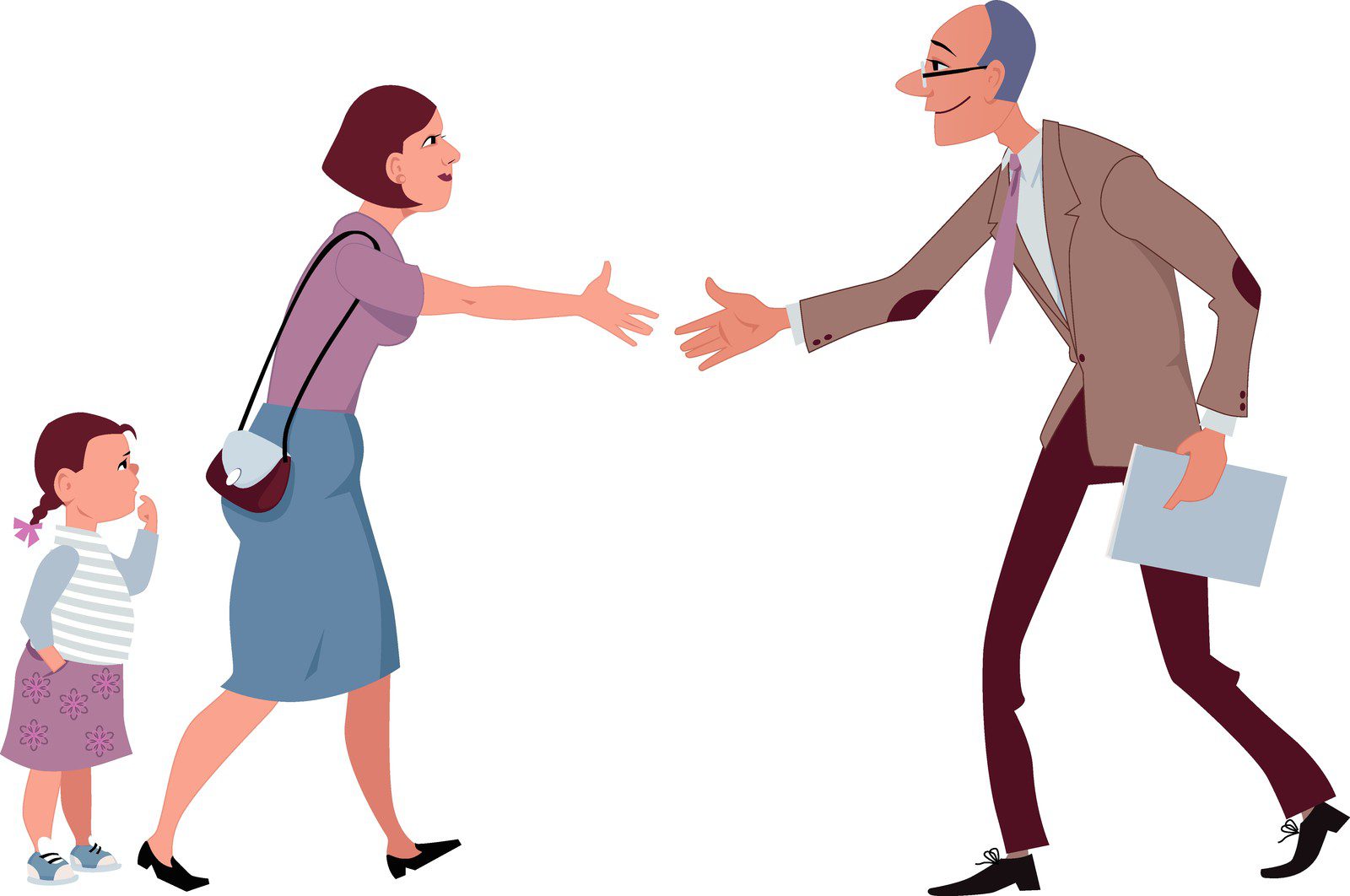
It’s that time of year again. Kids are back in school. Teachers are getting to know your child, and your child is adjusting to the routine of being a student. Is a parent-teacher conference far behind? If you’re the parent of a child with ADHD, these conferences can fill you with dread.
Q+A: What Are the Best Treatments for ADHD?
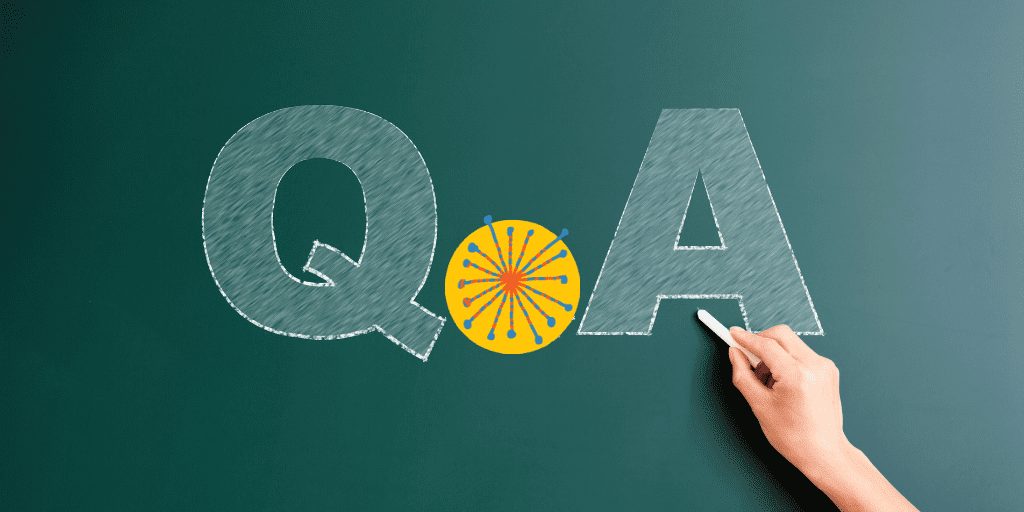
Question: What are the best treatments for ADHD?
Dr. Braaten’s Answer:
Download our PDF – ADHD: Ways to Support Your Child at Home
ADHD is a disorder (Attention Deficit Hyperactivity Disorder) that affects the brain and behaviors.
Q+A: Is ADHD Overdiagnosed?

I’m often asked if ADHD is “overdiagnosed.” Attention Deficit Hyperactivity Disorder (ADHD) is one of the most common – and some might argue one of the more impairing – childhood disorders. Approximately one out of 20 school-aged kids meet criteria for ADHD.



